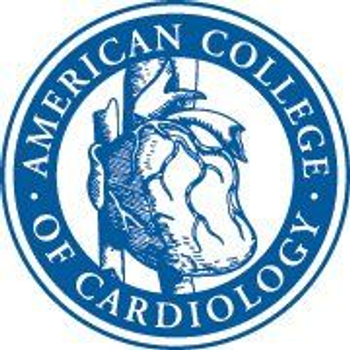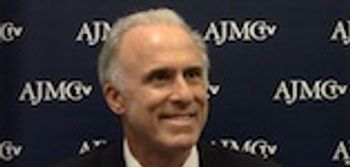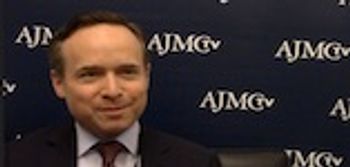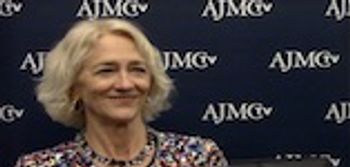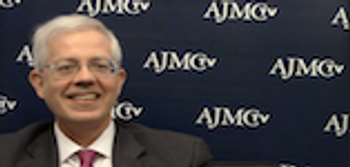
The INFINITY trial, presented at the 68th Scientific Session of the American College of Cardiology, tracked hypertension, brain lesions, and gait in groups of older seniors who had their systolic blood pressure managed to either 130 mm Hg or 145 mm Hg. Results showed significant differences in brain lesions between the 2 groups after 3 years.
